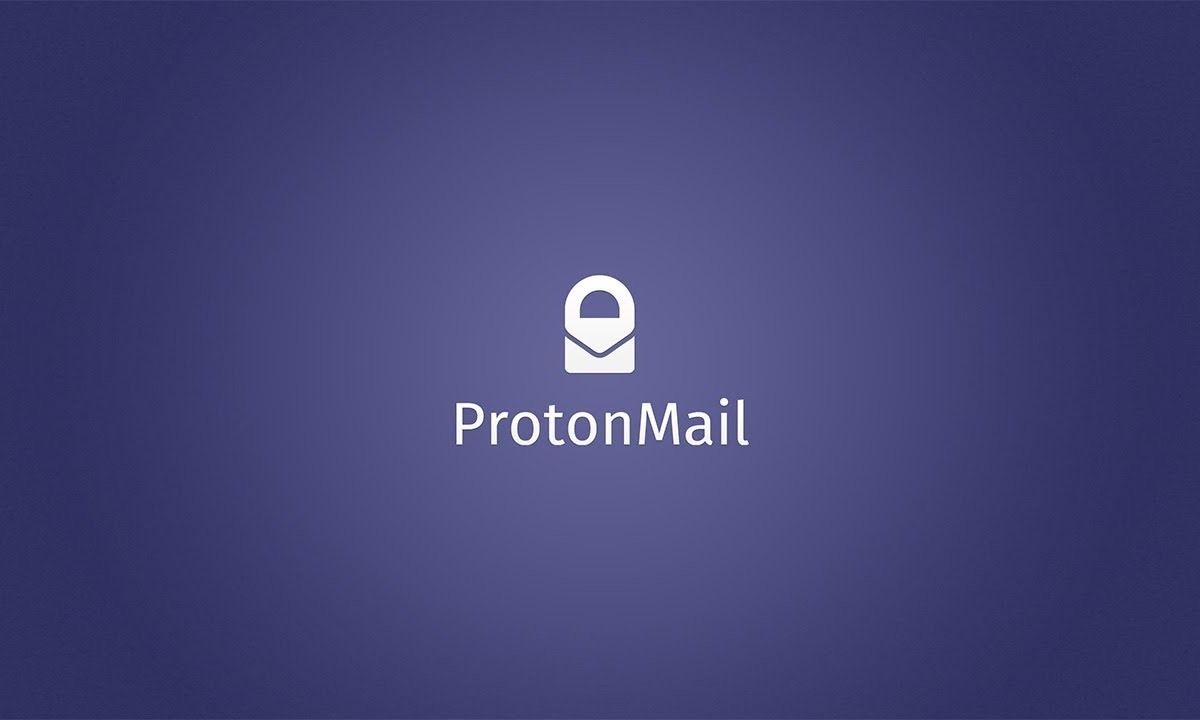


Most modern e-mails come with lots of advertising, but ProtonMail takes steps to filter out unwanted junk automatically. Your colleagues can't snoop on your correspondence unless you explicitly add them as contacts. On the flip side, ProtonMail keeps your inboxes completely private. They can view your conversations, too, if you share certain folders. With Gmail, everyone sees each other's public emails. There's also built-in support for syncing calendars across multiple devices.

With ProtonMail, you can download your emails locally and read them whenever you want. Gmail requires you to connect to the internet every time you open an email. That said, there are plenty of differences between ProtonMail and Gmail. Yes, pretty much! In fact, ProtonMail says that most users are already familiar with Gmail thanks to its "unparalleled" interface. Using a VPN helps protect against both types of attacks. An SSL certificate verifies that the website you're browsing is legitimate, but it won't verify that the person running it hasn't had their password stolen. In addition, some people believe that using a VPN is safer than just trusting a website's SSL certificate. You'd still need to check that the site you're visiting isn't storing cookies on your computer, though. It'll even let you browse anonymously online without anyone knowing what sites you're visiting. A VPN will encrypt your internet traffic so no one else can see what websites you visit while using them.

If you're worried about being hacked, you might want to look into using a VPN before signing up for any services. Even worse, if their account contains sensitive data, it may leak out through other channels, too. If someone manages to hack into yours, they could have access to everything stored in your inbox. It's hard to say definitively, because there aren't many documented cases of hacking into ProtonMail accounts. Its new CEO, Andy Yen, formerly of Google X - where he worked on projects like Project Loon and Self Driving Cars - made waves in Silicon Valley when he announced plans to launch the privacy-focused alternative to Gmail.īut how does this all work? What exactly do you get if you sign up for ProtonMail? And should we be concerned about security breaches at such a young startup? We've got answers to these questions below, including information about whether or not ProtonMail can actually replace Gmail. The German company behind ProtonMail has received more than $1 million in funding from Y Combinator, which led to its listing on the New York Stock Exchange last year. The encrypted email provider was founded by CERN physicist Max Schrems, who developed his idea after reading Edward Snowden's memoirs about NSA spying. ProtonMail has been around since 2013, but it's only recently gained notoriety in the mainstream media.


 0 kommentar(er)
0 kommentar(er)
